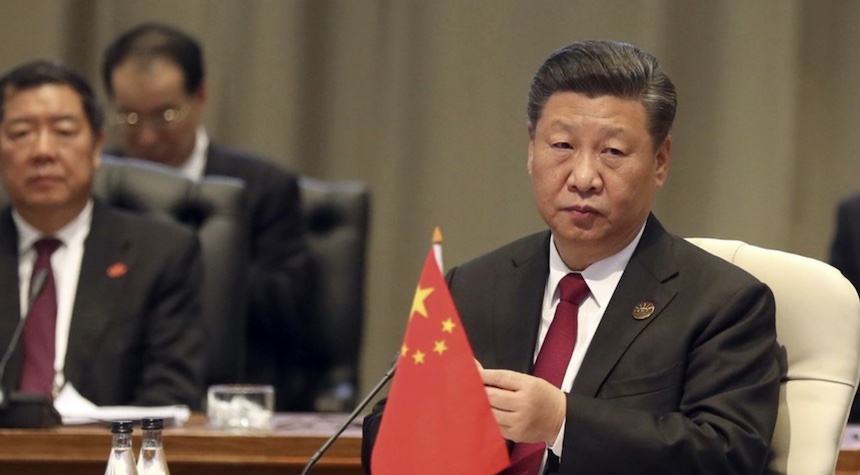China’s growing nuclear and navy arsenals, its unmistakable threats to conquer Taiwan and its neocolonial Belt & Road Initiative make it look like a power intent on expansion. It’s hard to know what kind of country Xi Jinping wants China to become, whether it is a ravaging Communist hegemon or a stable actor on the global stage.
TV Tropes have a whole page dedicated to the “inscrutable Oriental” – a Western entertainment trope that is so common, and sometimes even reflects our political views – There is truth in every trope, and Chinese Communist Party leader Xi Jinping certainly isn’t always easy to understand.
Joerg Wutzke, emeritus president of the EU Chamber China, said to the Sydney Morning Herald that Xi “is not a man who is in a rush when it comes to Taiwan.”
“He is a man that doesn’t play the lottery.” He’s not Putin. He wants controllable and secure security, which a war on Taiwan is far from.
This line in Ralph Peters’ 1991 tech-thriller “The War in 2020” about China’s indifference to a militarized and aggressive Japan is a good example.
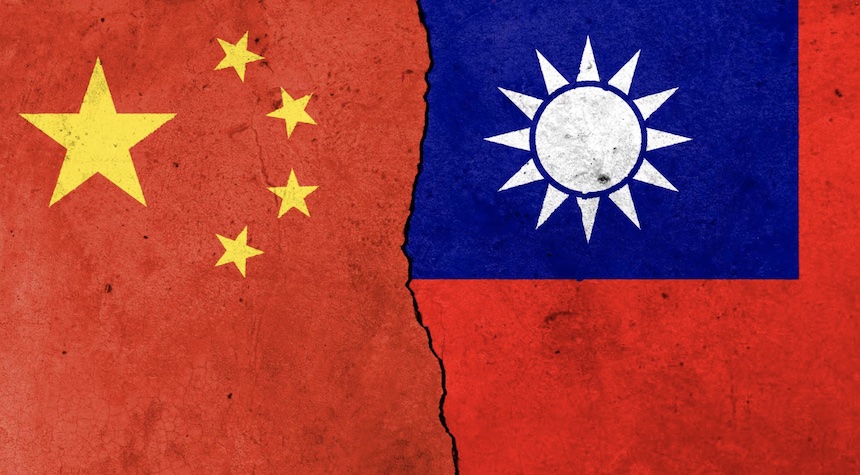
China slept. The Chinese were lost, lost in their own long cycle of reflection, raising their eyelids to look at the Japanese and then closing them again, satisfied that their carefully defined sphere of influence was not disturbed.
Unfortunately, we are not lucky enough to be living in a world in which Xi’s China is happy to sleep with an eye open because, on the other end of the equation, there are stories of Chinese imperialism. The Washington Post published a story in the last month that reminded readers of an incident from 2017 in Fiji.
Beijing sent four detectives from its police force to the Pacific Island nation to investigate “Chinese citizens suspected of operating internet scams.” Both countries had started a joint policing program involving education and exchanges. Chinese police took over, instead of helping local cops. One Fijian officer remembered that the Fiji police were only there to help in the arrest. The Chinese were responsible for all the recordings, statements, and lifting of exhibits. There was no extradition, paperwork, Interpol, or anything else. Fiji has now dropped out of China’s police program. However, at the time the Chinese stepped in and took over the country as if it was an imperial Chinese possession.
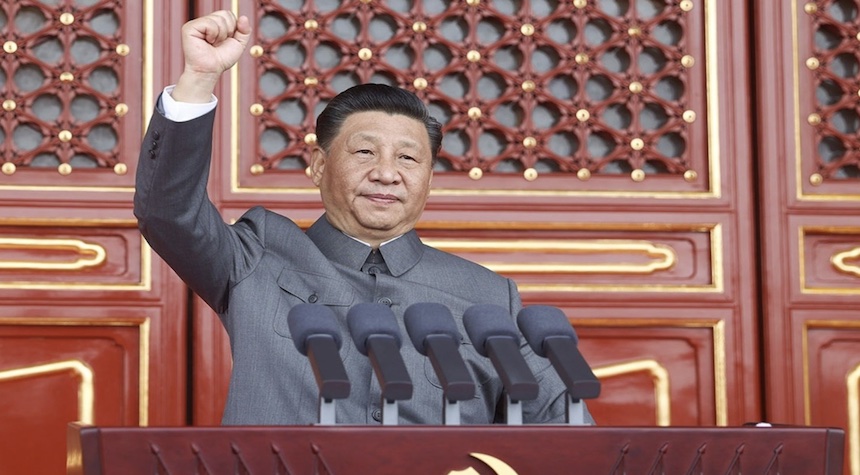
According to The Post, this is colonialism in its most blatant form. It was also a part of Beijing’s failed effort “to forge a sweeping security treaty with 10 Pacific Island Nations.” The pact was the greatest challenge to American power and trade (both are interconnected) since Imperial Japan in 1937-42.
As an aside: Beijing’s Pact failed in part because colonialism of the post-colonial era requires a softer touch that Communists are used to applying. Today, colonialism has more to do with Apple iPhones and Levi’s jeans than gunboats or Gatling Guns. Although the U.S. lost South Vietnam in the war, young Vietnamese adults of the 21st century, wearing blue jeans and using smartphones, give it the appearance that we conquered. In a way, we did. Long after the fighting ended.
Beijing, however, has been quietly working since 2019 to include the Solomon Islands, which were liberated by Imperial Japan during WWII at a great cost, in its sphere of influence. Jill Goldenziel, writing for Forbes in 2017, wrote that “China” is “surely eyeing Solomon Islands’ untapped minerals, as well its deep-water ports, which would allow it block enemy military activity.”
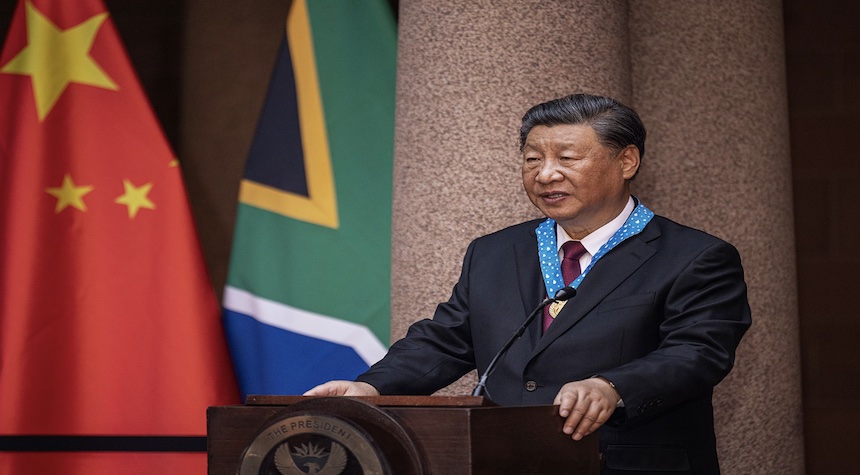
Xi has more pressing concerns at home than I do, despite my concerns over the massive nuclear and navy buildups of the PLA, albeit largely his own.
In his memoir “Decision Points” published in 2010, former president George W. Bush describes a conversation that he had with Hu Jintao, then the Chinese premier. Bush asked Hu “What keeps you up at night?” Bush replied that his greatest fear is another terrorist attack of the type of 9/11. Hu’s greatest fear is creating “25 million jobs per year” to sustain China’s growth and to keep his head off of the metaphorical cutting block.
Chinese began to flee rural life and move into the coastal cities, which were rapidly industrializing and modernizing. China’s average annual growth rate was 10% back then. Since Xi reintroduced Real Communism and harsh COVID lockdowns to his formerly liberating nation, the growth rate has slowed down to 2-3%. The rush of rural Chinese into the cities has also slowed. According to NBC News, “reverse immigration” has already begun as “millions” of Chinese did not return to urban areas to work following the coronavirus epidemic last year. Shanghai economist Dan Wang, who spoke to NBC 2021, said that “rural-urban migration had already slowed down before covid” and saw its first decline in the year 2020.
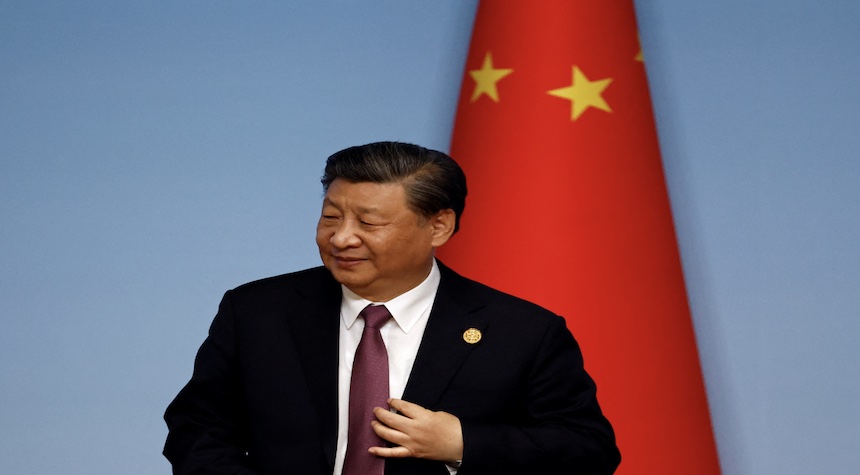
These developments may make Xi smile – albeit in a somewhat inscrutable way.
In today’s Sidney Morning Herald, he said that Wuttke had also stated in his article, “China will have to accept a lower growth forecast.” He added, “Comrade Xi is willing to sacrifice economic development for the sake of ideologies.”
Wuttke stated that the old equation of China doing anything to increase economic growth was what kept us in office. But what keeps Xi in power is his “absolute, 110 percent control”.
A shrinking population might only need a lower growth rate. Whether that’s true or not, Xi’s increased control of the economy will lead to lower growth. It’s a price he is willing to pay.
Xi wants total control, which doesn’t fit with launching a war on Taiwan. But before we let our guard down, this is a perfect match for Beijing’s imperial ambitions, especially in the West Pacific and Southeast Asia. It also fits perfectly for a large arc of countries stretching from Australia to South Africa around the Indian Ocean.
It is possible that Xi himself does not know what type of country he would like China to become. Xi may be improvising a lot in the international sphere, while still keeping an eye on his real goal which is purely national. This means that the CCP will have 110 percent of control over China, and Xi will have 110 percent of control over the CCP.

